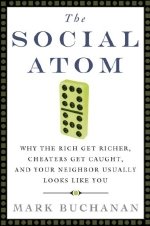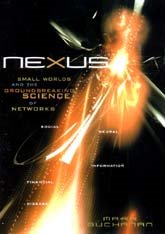An article in yesterday's New York Times cites a high-ranking Pentagon official who apparently believes that people accused of crimes should be considered guilty as charged and have no right to legal representation. The official in question, Charles Stimson, is the deputy assistant secretary of defense for detainee affairs. On a radio talk show, he suggested that corporate clients of law firms representing those detained at Guantánamo Bay, Cuba should exert their influence to limit this deplorable practice of "representing terrorists." Never mind that many of these people have never even been charged with any crimes. Forget the idea of being innocent until proven guilty.
Stimson is a 2006 law graduate from George Mason University, and you have to wonder 1) what he learned there and 2) how a responsible government could put him in his current position. His view is an extreme one, relative to most people in America. Then again, this administration has systematically tried to make extreme views more mainstream. Twenty years ago it would have been unthinkable for a U.S. Attorney General to suggest that the Geneva Convention is outdated and irrelevant and that the US should consider torture as a legitimate technique. But the more these ideas get heard, the more they become thinkable -- and the more they seem less extreme. Today these ideas merely inspire debate.
There is an interesting body of research in this area -- on how groups can evolve naturally toward extremist views. The logic of the process can be surprisingly simple. The key idea is that extremists tend to be very certain of their own views, whereas moderates tend to be more open-minded and willing to question their own views. It is not unreasonable to suppose, then, that when moderate and extremist people interact, it is the moderates who are more likely to shift their opinions, not the extremists. Over time, given the right conditions, you get more extremists, and researchers have shown (here is one paper) that even a small contingent of extremists can infect an entire group.
This outcome is more likely when the center of opinion is less sure of itself, and therefore more open to persuasion -- certainly a plausible condition in the years following 9/11 in the U.S. Moderates need to express themselves. It may be true that eternal vigilance really is the price of freedom.
Sunday, January 14, 2007
Eternal Vigilance
Subscribe to:
Post Comments (Atom)




No comments:
Post a Comment